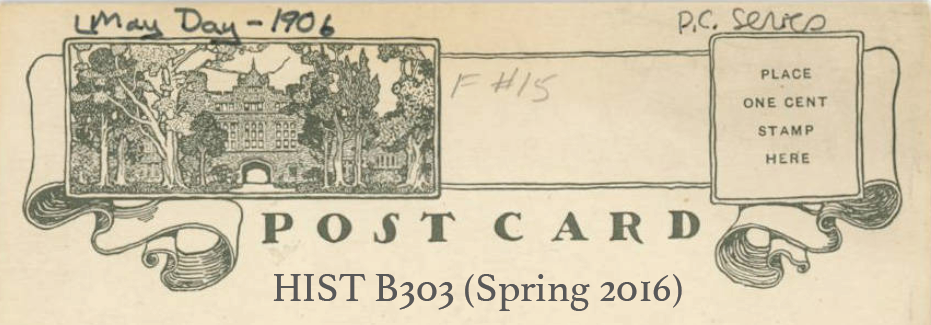When reading Filene’s article I was struck by an astounding omission; although he focused on “outsider” histories, including exhibits on the hidden history of slavery in New York, and similarly reenactments of slave escapes, he did not include the millions of activists, organizers, and free teachers who brought history to the masses. Free schools hold an important place in “public history” from their crucial role in the Freedom Summer efforts of SNCC, where they empowered local youth and the community, without degrees of PHDs, just a passion for people’s history, to “teach ins” at Occupy Wall Street. Indeed, struggles over social justice are where history gets played out most dramatically in public. Thus, people who teach, wether it is on one’s repressed racial history, (the Black Panther Party schools and even current ethnic studies programs) or repressed histories in general, like those of the labor wars, are the most public of historians. History is a weapon and a battleground, as activist historians like Howard Zinn know. Zinn brought people’s history to anyone and everyone with his accessible writing and creative and passionate revolutionary spirt, and was also a civil rights and anti-war organizer and campaigned for peace and justice until his death. I think A People’s History of the United States is a work of public history, even if Zinn had a tenuously held onto teaching position. His legacy is continued by people who post on tumblr about the history of slavery and colonialism, journalists who use history in their arguments for policy change like reparations, and the countless organizers who use history to build a more just future.
History in Public: Race, Gender, and Campus Memory
Professor Monica L. Mercado | Bryn Mawr College Department of History (Spring 2016)
